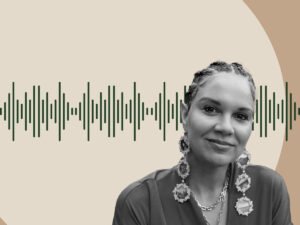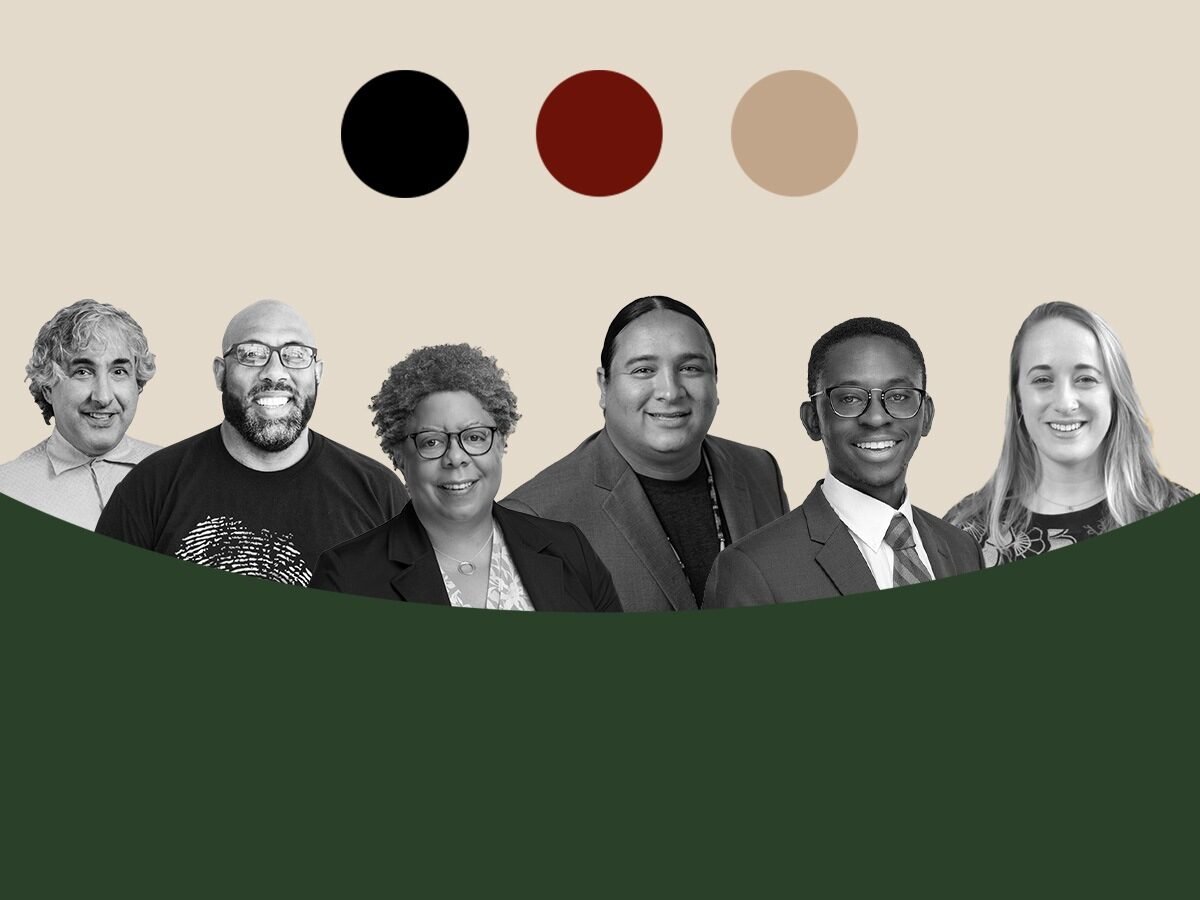What can be done? To help you understand the practical range of options your organizations can consider, the third webinar in NPQ’s series, Remaking the Economy, will explore these issues. This 90-minute webinar will connect you with experts whose knowledge is grounded in the field to discuss the strengths and challenges inherent in pursuing various practical community-based business ownership strategies, including employee stock ownership plans (ESOPs), worker cooperatives, and nonprofit-owned social enterprises.
Sign up for our free newsletters
Subscribe to NPQ's newsletters to have our top stories delivered directly to your inbox.
By signing up, you agree to our privacy policy and terms of use, and to receive messages from NPQ and our partners.
This webinar will explore:
- What are core principles that can guide nonprofits in their approaches to support inclusive business development in their communities?
- What are key tools that nonprofits can employ to promote community ownership of business? What are some different ways of doing so?
- How can community-based business development be leveraged to decolonize wealth and distribute ownership of business assets more broadly?
- What are points of leverage available to nonprofits and movement leaders?
- What is the ecosystem that helps community business strategies succeed?
- What shifts in thinking, practice, and culture are required?
This recorded webinar begins with a brief interview of Ed Whitfield, who is co-Managing Director of the Fund for Democratic Communities (F4DC), a limited-life foundation supporting community-based initiatives that foster authentic democracy and make communities better places to live, based in Greensboro, North Carolina. Among the projects that F4DC supports is the Southern Reparations Loan Fund and the Greensboro-based Renaissance Community Cooperative food co-op. Following the interview, NPQ Senior Editor Steve Dubb will facilitate a panel with three expert speakers: Mike Curtin, CEO of DC Central Kitchen, a nonprofit that has developed an $8-million food-based social enterprise that helps people who are formerly incarcerated obtain living-wage jobs; Melissa Hoover, executive director of the Democracy at Work Institute, a national nonprofit based in Oakland, California, that supports worker co-ops; and Tomás Durán, CEO of Concerned Capital, an economic development firm that has worked with nonprofits and others on business strategies ranging from social enterprise development to supporting the transition of area businesses to employee ownership.













